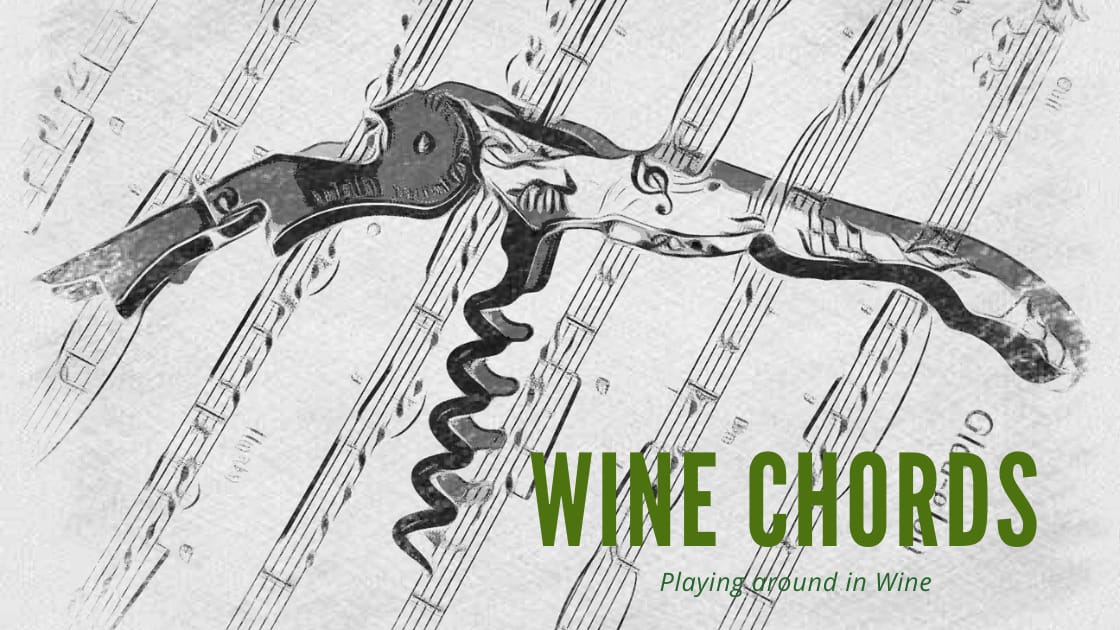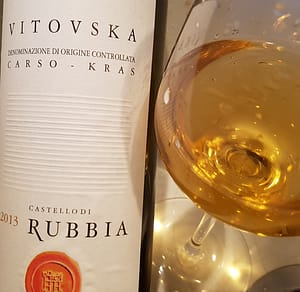There is no end to all of the fascinating orange wines on both sides of the Italian-Slovenian border. But Sandi Škerk isn’t “just another”, he is one of the modern torchbearers for the style. Located in Carso, with a cellar in carso rock, he grows vitovska, malvazija, sauvignon blanc and pinot grigio. This wine is a blend of all four varieties in equal parts, each contributing their specific characteristic, such as the aroma of sauvignon and the blushing colour of pinot grigio.
The must remained in contact with the skins for two week, and it was aged in big, old barrels – and bottled unfiltered.

Ograde 2017 (Az. Agr. Škerk)
Light pink-orange colour. Very aromatic, with flowers (roses), citrus, (dried) apricot, white pepper. Quite full and smooth, but also with a lovely natural integrated acidity, persistent. A stunning, up-lifting orange wine with a remarkable personality.
Price: Medium
Leave a Comment

